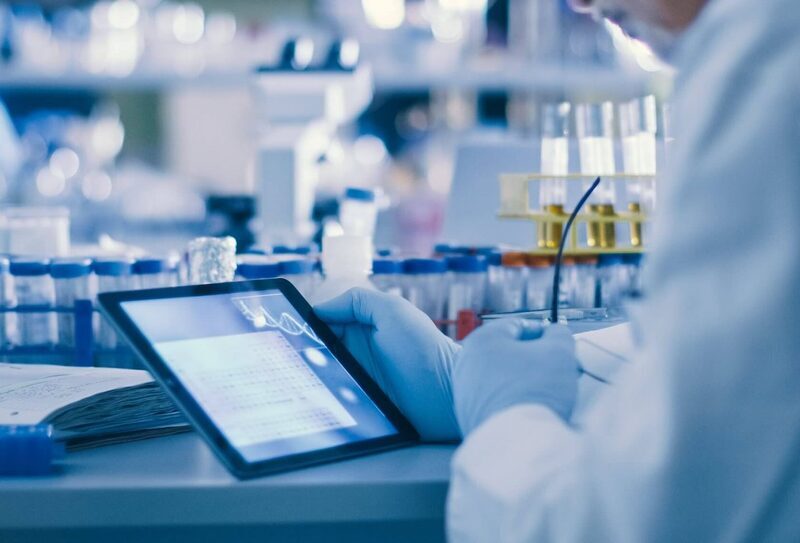
Egypt’s Abouleish among 100 Most Influential Africans 2024 in civil society
Egypt’s Helmy Abouleish, a prominent figure in the field of sustainable agriculture, particularly known for ...

The UK allocated £213 million to upgrade its science facilities that include super computers to track infectious diseases, airborne sensors to monitor greenhouse gas emissions, and a unique floating offshore wind testing lab.
The government investment will enable researchers to respond to global challenges such as COVID-19 and climate change.
The investment will equip the UK’s leading scientists, universities and research institutes with new state-of-the-art equipment to drive forward exceptional research that will help the UK respond to major challenges, including the COVID-19 pandemic and achieving net zero carbon emissions by 2050.
The £213 million pot includes £27 million for researchers at 43 of the UK’s Medical Research Institutes across all corners of the UK providing them with access and upgrades to cutting edge equipment including ultra-high performing computers and microscopes.
This will enable researchers to detect and model disease in more detail than ever before, helping the UK respond to COVID-19 and boosting resilience for future pandemics, as well as other diseases such as cancer and dementia.
The multi–million-pound investment will also provide researchers across the country with facilities to test innovative technologies to cut carbon emissions, such as a floating offshore wind turbine testing facility at the University of Plymouth, autonomous marine robotics trialed in Southampton to monitor the health of the southern oceans, as well as airborne sensors in London to monitor greenhouse gas emissions.
Other facilities to receive financial backing includes a unique ‘blast diagnostics’ laboratory at the University of Sheffield, which will test the UK’s ability to respond to the use of explosives in terrorist attacks.
The investment will ensure the UK is the best place in the world for scientists, researchers and entrepreneurs to live and work, while continuing to attract scientific talent from across the globe.
Science Minister Amanda Solloway said “The response from UK scientists and researchers to coronavirus has been nothing short of phenomenal. We need to match this excellence by ensuring scientific facilities are truly world class, so scientists can continue carrying out life-changing research for years to come as we build back better from the pandemic.”
“From the world’s most detailed microscopes tracking disease to airborne drones monitoring greenhouse gas emissions, our investment will enhance the tools available to our most ambitious innovators across the country. By doing so, scientists and researchers will be able to drive forward extraordinary research that will enable the UK to respond to global challenges such as achieving net zero carbon emissions by 2050.”
Egypt’s Helmy Abouleish, a prominent figure in the field of sustainable agriculture, particularly known for ...
A study – by the Potsdam Institute for Climate Impact Research (PIK) – suggests that ...
Investing in resilient transport in low- and middle-income countries (LMICs) requires $417 billion annually between ...


اترك تعليقا